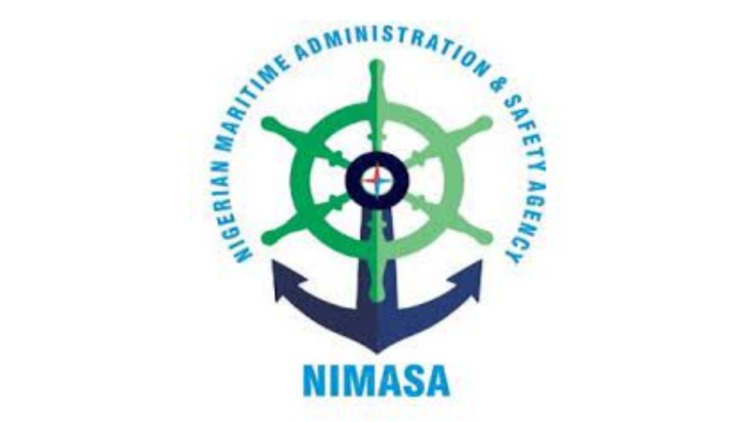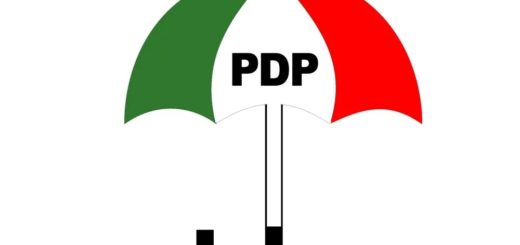Foreign Aqautic Species, Threat To Blue Economy –NIMASA
 The transportation of harmful non-indigenous Invasive Aquatic Species (IAS), also known as, biofouling, poses a huge threat to Nigeria’s transition to Blue Economy, the Nigerian Maritime Administration and Safety Agency (NIMASA), on Monday said.
The transportation of harmful non-indigenous Invasive Aquatic Species (IAS), also known as, biofouling, poses a huge threat to Nigeria’s transition to Blue Economy, the Nigerian Maritime Administration and Safety Agency (NIMASA), on Monday said.
Speaking at the opening ceremony of the 3- day workshop on the transfer of environmentally sound technologies (Test Biofouling), project for partnering Countries, in Lagos, the director general of NIMASA, Dr Bashir Jamoh, said biofouling incurs environmental burdens such as: low productivity, biodiversity, lower resilience to climate change and economic burdens including financial loss due to low productivity.
ships serve as a channel for transportation of harmful non-indigenous Invasive Aquatic Species (IAS). These organisms attached themselves to the outer surface and niche areas of a ship, and are then translocated from one ecoregion to another.
The process by which organisms attached themselves to the ship and other surfaces is referred to as Biofouling.
However, Jamoh, further stated that, biofouling increases the hydrodynamic drag of ships which results in increased fuel consumption, reduced speed and maneuverability, consequently leading to increase Greenhouse Gases (GHG) emission.
“Biofouling poses a huge threat to Nigeria’s transition to the Blue Economy as it incurs environmental burdens such as low productivity, biodiversity, lower resilience to climate change and economic burdens including financial loss due to low productivity, huge prevention and control costs, in addition to increased operational cost of offshore infrastructures among others.













